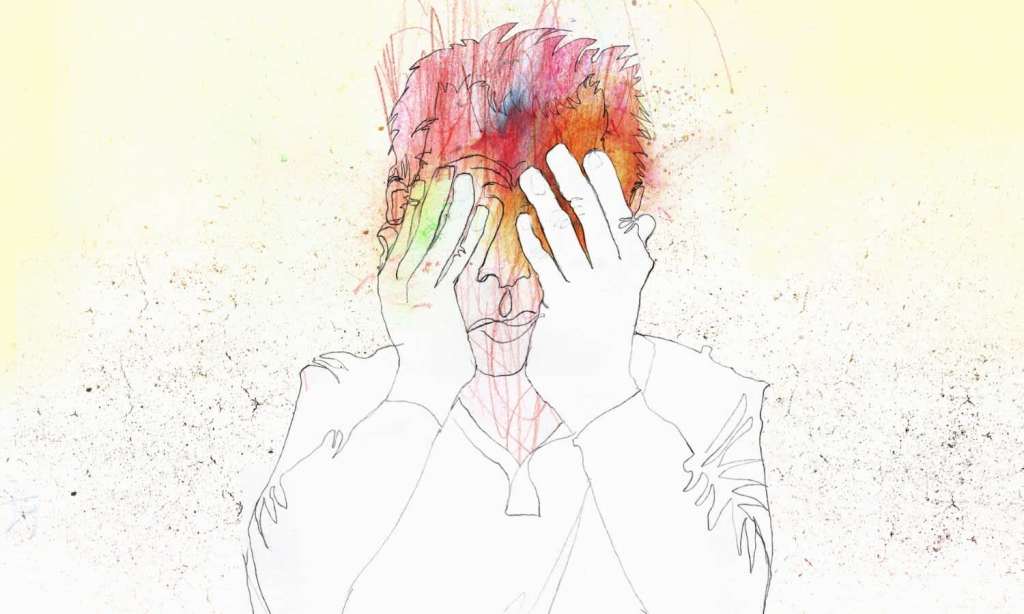It’s been a hell of a year the past year — no wonder Google searches for ‘panic attack’ and ‘anxiety’ was up 52% compared to previous years (which might also explain why Google has also implemented a mental health self-assessment tool). Or, maybe you’ve dealt with anxiety for months, or years, predating the pandemic.
Either way, it’s actually defined as chronic anxiety. Yep, according to sources, “chronic” anything is a disease or condition that’s experienced for three or more months — so in the time of coronavirus, it’s pretty easy for something to turn chronic, unfortunately.
And even though people often think about anxiety as a mood disorder, something that affects you mentally only, chronic anxiety also has an impact on your physical wellbeing. How? Read on.
Physical Impact #1: Fight or Flight Mode
According to Banyan Mental Health, in times of stress or anxiety, the body can release large amounts of hormones — including cortisol and norepinephrine. Y’know, the one’s responsible for the body’s fight or flight response.
Fight or flight mode isn’t necessarily a bad thing — in fact, it’s a bodily response to danger, that can help you in life-threatening situations. But when the release of the aforementioned hormones is prolonged or frequently released, it can lead to severe health problems — if left untreated.
Licence counsellor, Nawal Alomari, in conversation with Bustle says these health problems can include digestive issues, damaged immune function, and irregular menstrual cycles for people who menstruate.
Physical Impact #2: Heart Health
Another possible long-term effect of anxiety on the body includes the risk of heart disease, says Banyan Mental Health. This is backed up by an article from Nature Reviews Cardiology, which looked at two studies that reported “the prognostic significance of anxiety in the development of coronary heart disease in initially healthy adults.”
Translation? Yep, there’s an increased heart disease risk with anxiety — however, the study does point out more research is needed.
Another study points out that stress can also put…stress…on the heart.
Physical Impact #3: Pain
Captain Raymond Holt summed it up best. But pain is a side effect of long-term anxiety, except maybe more physically than Holt described it.
Harvard Health looked into the intersection of pain and mental health disorders like anxiety and depression, saying “The overlap of anxiety, depression, and pain is particularly evident in chronic and sometimes disabling pain syndromes such as fibromyalgia, irritable bowel syndrome, low back pain, headaches, and nerve pain.”
In fact, two-thirds of patients who present with irritable bowel syndrome, and are referred for follow-up care also present symptoms of psychological distress — and yes, it’s most often anxiety.
So what can be done?
There are supplements to help with anxiety, weighted blankets to help with anxious sleepers, transcendental meditation. and journaling. Medication is also a valid option, as is therapy — here’s how to find the right therapist for you.
For heart health, Dr Priya Chagan, general manager of Health Services at life insurer TAL has given tips on how to keep your heart healthy. As for pain? Harvard Health recommends cognitive behavioural therapy — an established treatment for anxiety (and for depression), but also is “the best-studied psychotherapy for treating pain.”
Read more stories from The Latch and subscribe to our email newsletter.







